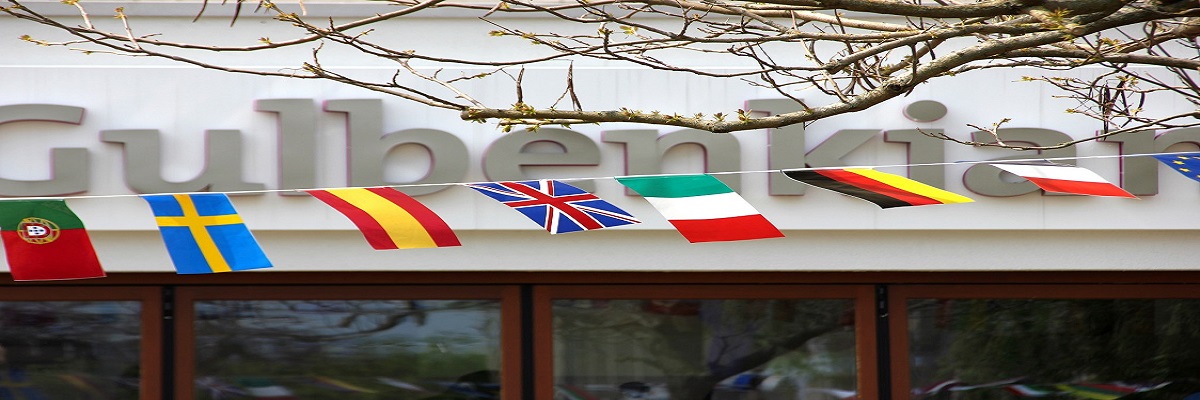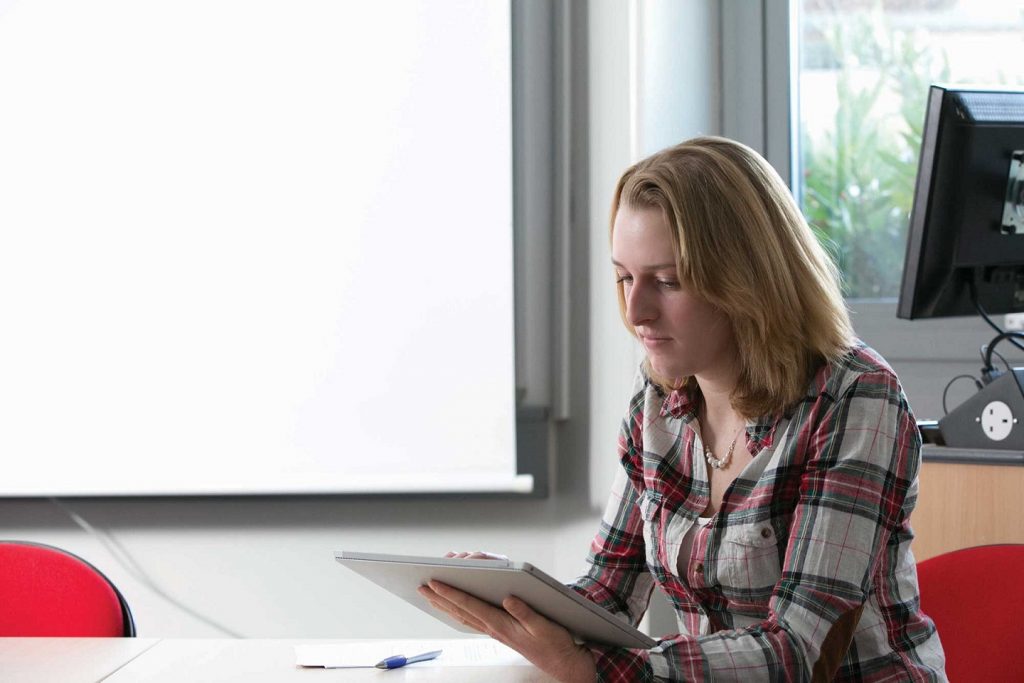Emily is in her third year of studying English Language and Linguistics.
Why did you choose to come to Kent?
When I came here I fell in love with the campus. Everything is all in one place and it felt quite relaxed. In terms of the course, there are not many places that do English language and that’s what I’d always wanted to study. I went to a taster lecture and I loved the way it was taught; the lecturer made it so accessible.
How have you found your studies at Kent?
Our core modules in the first year gave an introduction to the syntax and structure of language and then phonology, the sound of words. So it covered quite a lot. From those broad modules you could decide what to do in your second year. What I really liked was the option to do wild modules as it gives you the chance to try different things. In my first year, I was able to study French and in my second year I did beginner’s Spanish.
I understand a lot more about language now. When I’m reading, I can pick out the way the language works and why it’s been written in a particular way. It’s made a big difference to my own writing style – I used to write too much, but now I know what to use when. When I’m writing articles, I’m aware that varying the sentence structure makes it more interesting to read.
The second year is quite a jump. There’s a lot of theory: it’s not all subjective. We looked at the classic theorists, such as Roland Barthes, and at modern-day theorists too. When you’re talking about language on social media, all the theory on that is very recent, so we used a lot of journal articles and work by researchers such as Ruth Page.
What about the level of academic support?
Lectures can be quite challenging but our lecturers are good at breaking it down. And it’s fine to ask: they are all really approachable and supportive. For my dissertation, I can meet my supervisor every week if I want to; she’s always there if I need to show her some work.
How would you describe the social life at Kent?
It’s nice to be with such a diverse range of people: in my first year I lived with students of three different nationalities. For my social life, the best thing I did was to get involved in InQuire, the student newspaper. I started as a writer in my first year, then became a section editor and now I’m the website editor. I know everyone at InQuire and they’re a really good circle of friends to have.
What about the facilities?
One great facility is the student media centre. We have a massive editing suite with Apple Macs running InDesign and Photoshop and there’s a radio station and a TV recording room. Also, the new library extension is going to make a big difference and it’s good to have a cinema and theatre on campus.
Any future career plans?
I’ve always wanted to be a journalist and two of my modules – English Language in the Media and Writing in the Media – are aimed at getting you into the world of journalism. My lecturer suggested that we started a blog and the assignments were to write five or six different pieces and create your own magazine. I really enjoyed this. Part of our work was to pitch an article to a media outlet, so I wrote a piece and then pitched it to The Independent. And they published it! I’m really proud of that. Since then I’ve done some freelance writing for Student World Online and I’m a student writer for The Telegraph website. I’m hoping that all of this experience will help me: all of my writing has been student-based but I’d like to get into lifestyle features.
Any advice you’d like to share with future students?
Get involved in a society. Don’t just focus on your degree. I’m out of the house all day, doing so many different things. By getting involved I’ve made so many friends and learnt so much.
To read Emily’s published work, go to blogs.telegraph.co.uk/telegraph-student-writers/author/emilyadams or www.independent.co.uk/biography/emily-adams

